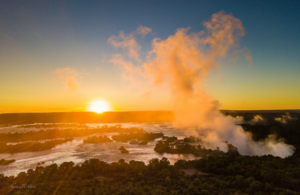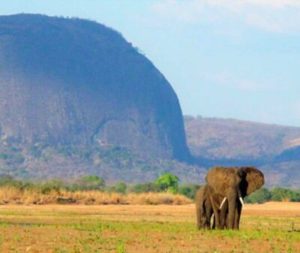Merlyn is the subject of this week’s conservation Spotlight – she is a qualified scientist, furthering her studies at the University of Cape Town.
As Covid restrictions continue to ravage the tourism industry, the plight of conservation becomes more dire as times goes on. Vast wilderness areas previously supported by the tourist dollar and friendly donors are now without benevolent support, finding themselves in the impossible situation of continuing the conservation fight, with little to no resources.
But there are still positive stories out there, and we will be publishing a Conservation Spotlight each week to highlight the good news. This week we chatted to Merlyn Nkomo, originally from Bulawayo in Zimbabwe, now studying at university in Cape Town.
Merlyn loved nature from a young age but was not exposed to Ornithology until her second year of undergrad in Hwange National Park. It truly changed her life, noticing she was good at spotting birds and committing details about them to memory. It became a joyful obsession, a happy escape from the pressures of a busy university life. Up until that point she had been focussing on carnivores, however she decided to switch over to birds of prey, and in particular vultures, captivating her interest to date.
Her current thesis is on the influence of rainfall on the illusive black eagle, found close to her home town Bulawayo, in the Matobo National Park. Black eagles and hyraxes are flagship species in Matobo and they’ve been studied for decades by citizen scientists. Merlyn aims to highlight the importance of long-term monitoring, citizen scientists involvement and raise interest in Matobo for its wonderful biodiversity and cultural heritage.
Recently Merlyn was nominated by followers and supporters for the prestigious British Ornithologists Union Science Communication Award. Since lockdown began she has been posting informative and engaging posts on social media about birds of prey. Her posts are unique as they have a well-rounded mix of culture, traditional knowledge and beliefs, with scientific facts, creating an appealing, interesting, holistic article. She has also been active in sharing her experiences and journey through the scientific world, and showcasing other scientists work.
Merlyns twitter handle is @merynomsa and you can vote for her on : THIS LINK Remember no multiple votes are permitted and may result in her disqualification
Merlyn has a bright future and is determined to stay in conservation. She wants to continue in raptor conservation because as apex predators, their conservation often results in the blanket conservation of prey species and their habitats, therefore impacting ecosystems positively.
Her ethos that conservation needs “buy in” from the general public that constitute the bulk of the influential electorate, so that policies can be prioritized and local people do not feel excluded, is a powerful reminder that we are all in this fight together. Conservation should be more participatory and solutions co-created with local communities and stakeholders. Science should be interpreted into local language and contexts so that it is implemented and appreciated by those it affects, not just read by peers in inaccessible journals and domains.
Her advice is for young people to follow their passion and seek opportunities to explore nature for themselves, outside of classroom and science assignments, because that’s when the most discovery is made. She encourages them to join conservation clubs in their area, even though there are no young people in them yet, the environment is for everyone and there’s a lot to be learnt from spending time with the older generation. Merlyn is the patron of the Mat’land Chirpers, a youth birding club under Birdlife Zimbabwe, which she started in 2019. It has young people from all walks of life who love nature and are from all over Matabeleland. They organise outings, clean up campaigns and camps and other conservation activities.
In future we hope to see Merlyn consulting between communities, conservationists, scientists, governments and other stakeholders on creating conservation solutions, and become a published writer on science and conservation, for future generations. She has so much to offer the world, watch this space !




